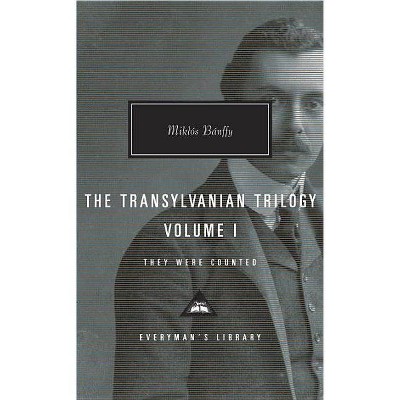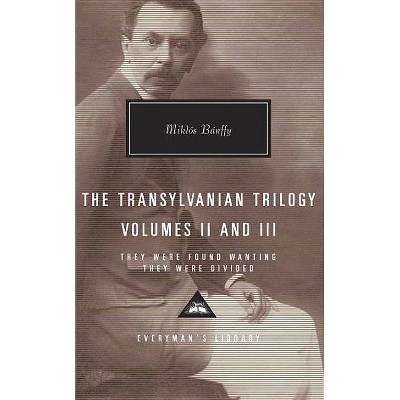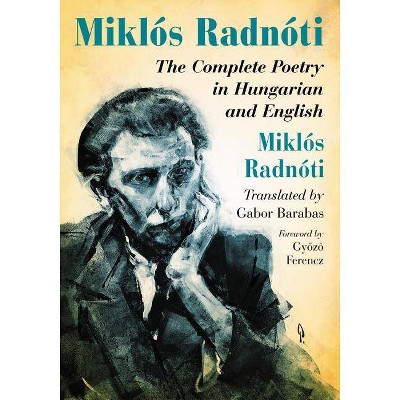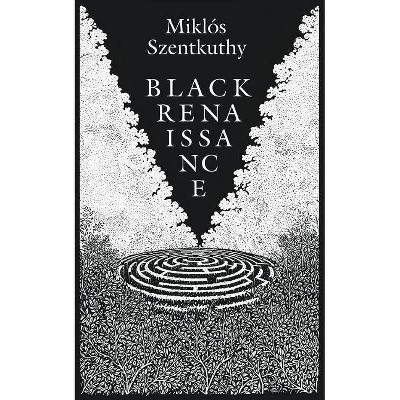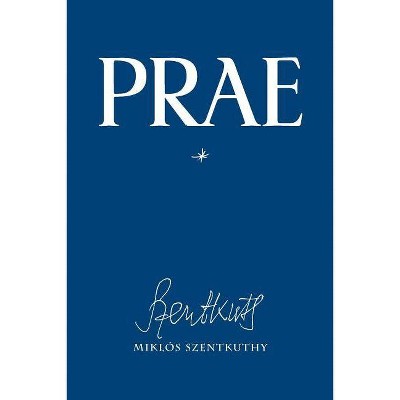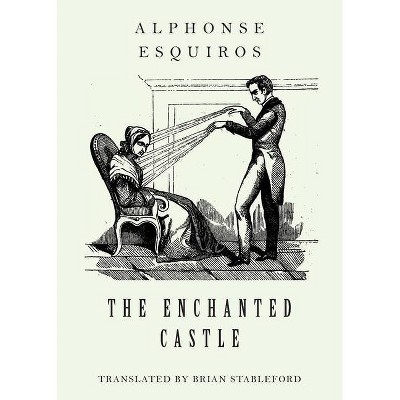The Enchanted Night - by Miklos Banffy (Paperback)
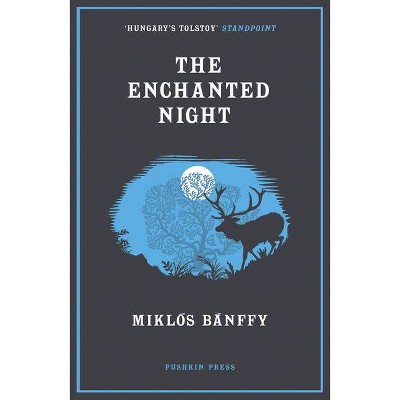
Similar Products
Products of same category from the store
AllProduct info
<p/><br></br><p><b> Book Synopsis </b></p></br></br><b>Transporting stories of intrigue, superstition and rivalry from a European master, in English for the first time</b> <p/>In this stark, haunting collection, Miklós Bánffy narrates with wry wisdom stories of cunning, betrayal and myth ranging from classical antiquity to the Transylvania of his own day. These are communities of sharp rivalries and religious superstition: young Borbálka, about to marry an unsuitable man, receives strange counsel from a suspicious figure in her village; four men seek to exploit the captive Gavrila Lung for money, while mountain wolves howl in the distance; when Old Damaskin betrays his stepson to hold on to his land, his wife extracts bizarre revenge.<br>Translated into English for the first time by the award-winning Len Rix, this collection further establishes Bánffy as one of the foremost European writers of the twentieth century.<p/><br></br><p><b> Review Quotes </b></p></br></br><br>'The Tolstoy of Transylvania... Bánffy's trilogy is just about as good as any fiction I have ever read.' - <b>Charles Moore, <i>Daily Telegraph </i></b><i><br></i><br>'The elegiac wisdom of his writing makes him one of those people whose life you wish could have ended in something other than calamity... a great storyteller.' <b><i>- Guardian </i></b> <p/>'A genuine case of a rediscovered classic. The force of Bánffy's enthusiasm produces an effect rather like that of the best Trollope novels, but coming from a past world that now seems excitingly exotic.' <b><i>- Times Literary Supplement </i></b> <p/>'Bánffy's masterpiece resembles Proust, [yet] he writes with all the psychological acumen of Dostoevsky.' <b><i>- The London Magazine</i></b> <p/>'Hungary's Tolstoy.' - <i><b>Standpoint</b></i><br><p/><br></br><p><b> About the Author </b></p></br></br>Miklós Bánffy was born Count Miklós Bánffy de Losoncz in Hungary in 1873. Over the course of his life he studied law, wrote plays, novels and stories, and became a groundbreaking set designer, an accomplished cartoonist, a politician and a diplomat.<br/>A leading figure in the Transylvanian Hungarian community, in 1943 he urged the Romanian government to cut ties with the German side in the Second World War; two years later, a retreating German army looted his estate. He stayed in Transylvania after it was invaded by the Soviet Red Army, and, emaciated and penniless, reunited with his family in Budapest in 1949. He died a year later.
Price History
Price Archive shows prices from various stores, lets you see history and find the cheapest. There is no actual sale on the website. For all support, inquiry and suggestion messages communication@pricearchive.us
